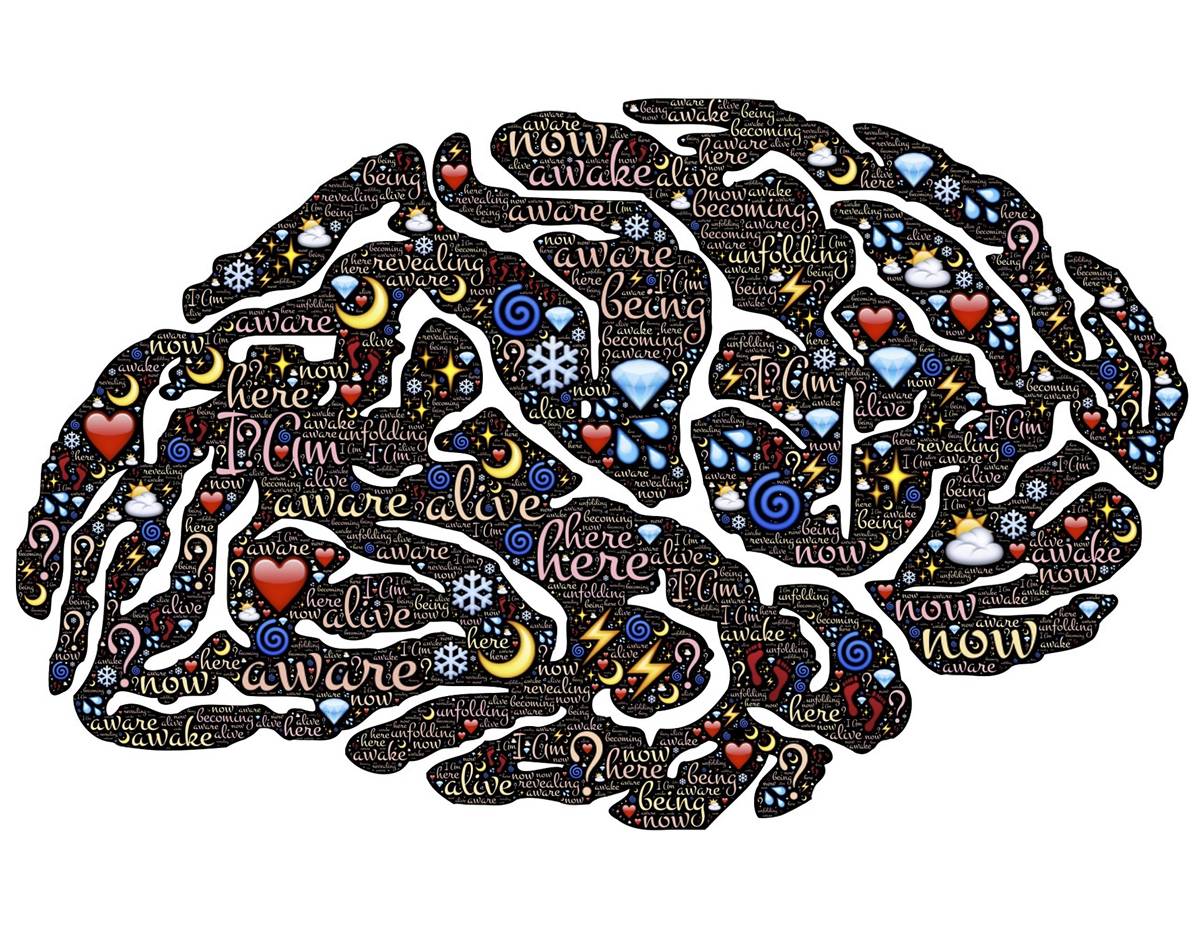What challenges are posed by the relationship between ageing and bilingualism?
Albert Costa, Marco Calabria and Gabriele Cattaneo, researchers with the Center for Brain and Cognition at UPF, coordinated the special edition of the Journal of Neurolinguistics that focuses on this specific field.
 Our society is ageing, and one of the main challenges facing it is the increase in the prevalence of neurodegenerative diseases. In fact, it is estimated that the prevalence of dementia will increase three times by 2050, according to the latest World Alzheimer Report (2015). At the same time, bilingualism and multilingualism are also on the increase. According to a report by the European Commission (2012), more than half of Europeans are able to hold a conversation in a second language, and a quarter is trilingual. Therefore, this situation raises many questions about the interaction between ageing (healthy and pathological) and bilingualism.
Our society is ageing, and one of the main challenges facing it is the increase in the prevalence of neurodegenerative diseases. In fact, it is estimated that the prevalence of dementia will increase three times by 2050, according to the latest World Alzheimer Report (2015). At the same time, bilingualism and multilingualism are also on the increase. According to a report by the European Commission (2012), more than half of Europeans are able to hold a conversation in a second language, and a quarter is trilingual. Therefore, this situation raises many questions about the interaction between ageing (healthy and pathological) and bilingualism.
Albert Costa , Marco Calabria and Gabriele Cattaneo, researchers with the Center for Brain and Cognition (CBC) at UPF, have edited a special issue on the subject in the Journal of Neurolinguistics that includes the participation of several researchers of national and international renown linked to the CBC, at the University of Friburg and the University of Hong Kong, among others.
The publication focuses on two central aspects of this field: bilingualism as a reserve factor and the deterioration of languages in bilingual individuals with dementia. “Cognitive reserve refers to individual differences when tolerating changes in the brain brought about by a particular disease”, explains Albert Costa. In recent years, he adds, “bilingualism has been considered one of the factors that improve the cognitive reserve as it has been shown to delay the onset of cognitive symptoms linked to dementia”.
The results of the studies conducted to date on cognitive reserve and bilingualism show that individuals who speak more than one language have some areas of the brain related with executive control that are more efficient. This, therefore, could compensate for the functional loss of the areas affected by a neurodegenerative disease. “Although it is still a working hypothesis, it is congruent with what has sometimes been found in healthy young individuals: the use of two languages makes the control of attentional cognitive and behavioural supervision skills more efficient than with a single language”, explains Marco Calabria.
The second issue specially dealt with in the journal is the deterioration of language in people with Alzheimer’s disease. The studies published support the thesis that the deterioration of the two languages in bilingual people occurs in parallel. This has been seen in populations with different degrees of bilingualism, both in the study carried out by the UPF’s Research Group on Speech Production and Bilingualism, which has worked with individuals in Catalonia with a high degree of bilingualism, and in the one led by the University of Friburg, with bilingual patients whose first language is German and second language is French, but learned later.
Which questions remain unsolved?
First, in relation to the question of bilingualism as a form of cognitive reserve, further data are required, especially from studies on patients with dementia. “Epidemiological studies with large patient cohorts have contributed greatly to this line, but the underlying mechanisms of how bilingualism acts as a factor of cognitive reserve are not entirely clear”, asserts Albert Costa. In this sense, the neuroimageing studies with patients will help clarify the origin of these mechanisms. One of them is being led by Costa himself, thanks to the support of La Marató de TV3 local Catalan TV channel fundraising event, which aims to find out which factors related to bilingualism are involved in ageing.
Meanwhile, Gabriele Cattaneo states that “there is a need to extend the research into language deficits to other neurodegenerative diseases, beyond Alzheimer’s disease”. This is especially relevant for diseases that are characterized by language disorders as an early symptom of cognitive impairment. Such is the case, for example, of some of the subtypes of frontotemporal degeneration, like primary progressive aphasia.
This is not only a challenge to see how the two languages are affected, but it “also means a way to enrich our knowledge about language processes in bilingual speakers”, adds Marco Calabria.
